Gold Coast property boom sparks turf war between southern buyers with deep pockets and displaced locals, writes Ann Wason Moore
The surging city property market combined with the easing of pandemic restrictions has sparked an uncivil war in our streets.
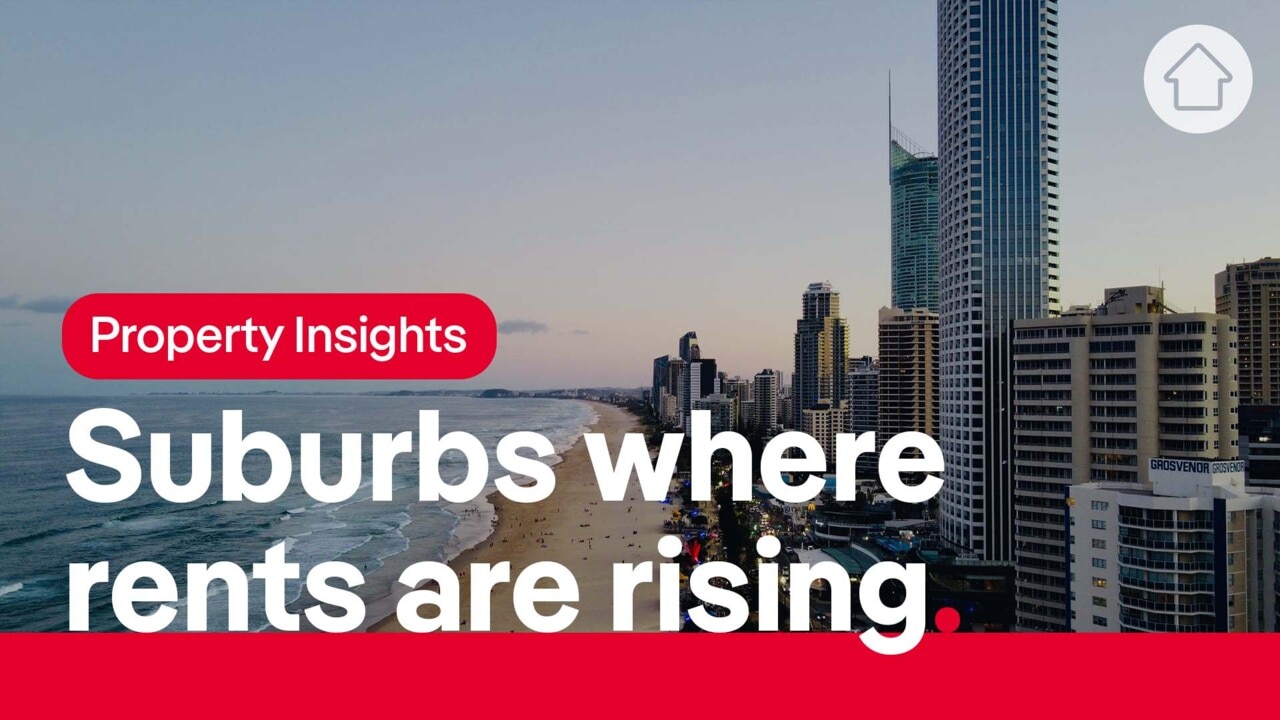
News
Don't miss out on the headlines from News. Followed categories will be added to My News.
It’s the Mexican wave sparking an uncivil war in our streets.
The surging Gold Coast property market combined with the easing of pandemic restrictions is creating a boom town atmosphere – but not everyone is a winner. And there are increasingly some understandably sore losers.
You can hear it any local auction. As the bids creep ever higher, the neighbours begin to whisper … ‘He’s cashed up, they sold out of Sydney’, ‘Here we go, another Victorian squeezing us out’.

And while many of these southern buyers with deep pockets are bringing their jobs with them – with remote working another win from the pandemic – there are some sneaking suspicions in suburbia that it’s a matter of houses first, jobs next.
The writing is already on the social media wall.
GOLD COAST POPULATION TO BOOM SOONER THAN EXPECTED
“Every time a Sydney family moves up here, a Gold Coast family loses their home. We’ll be seeing unemployment rise next.”
It’s an almost xenophobic attitude that I never expected to see between Australians. Next thing we’ll see residents calling for a border wall … oh wait, been there and done that.
Still, it’s surprising to see this city, which built itself on the reputation of embracing anyone from anywhere, removing the welcome mat.

It’s all the more ironic given that almost everyone here came from somewhere else.
But the fact is that we have just never experienced a growth spurt quite like this before.
The latest quarterly data from the Regional Australia Institute shows that net migration from capital cities to regional areas has doubled during the pandemic – with the Gold Coast continuing as the number one destination.
DATA GIVES INSIGHT ON HUGE DEMAND FOR REAL ESTATE
This city accounted for more than one out of 10 (11 per cent) of all capital city dwellers, primarily from Sydney and Melbourne, who moved to regional areas in 2021. That’s more than double the Sunshine Coast, the next most popular LGA for interstate migrants.
According to research from REA Group, the top picks for NSW buyers are the suburbs of Surfers Paradise, Burleigh Heads, Broadbeach, Coolangatta, Palm Beach and Southport, while for Victorians it’s Broadbeach, Surfers Paradise and Burleigh Heads.
With our projected population already tipped to hit the one million mark in 2036, five years earlier than expected, it might be time to move those estimates again.
It’s a lot, literally, to take in.
Even Mayor Tom Tate, ever the growth optimist, says he wants to ensure this recent spike in migration will be “sustainable long-term love”.
“I welcome that we’re being loved because with that comes money and with that comes jobs,” he says.
“Don’t just love us and leave us and then it’s a boom and bust scenario.”
Indeed, while this growing population means growing opportunities, it also means a growing number of losers who miss out altogether.
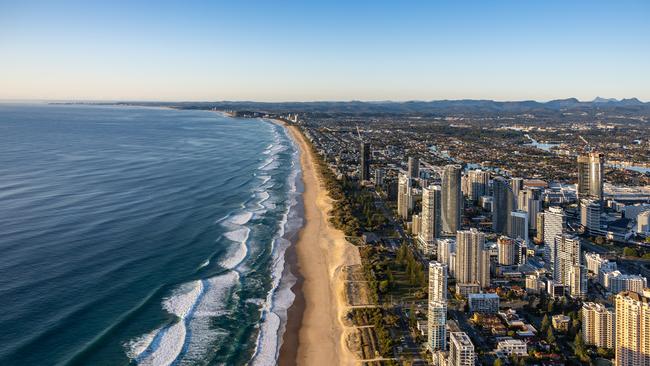
It’s something that even Dreamworld CEO Greg Yong has seen.
“The growth of interstate migration is great for our business, the more locals we have the bigger our in-built audience,” he says.
“But then I look at the local community in the northern suburbs and you can see that this growth is really turning up the pressure and the emotions. It’s a very competitive market out there.”
The fact is that this national sea-change has left many in this city struggling with these shifting sands. How do we cope with so many, so soon? Where do those who are priced out of housing – whether renting or buying – go? How do we keep the peace between ‘us’ and ‘them’?
The answer is we try to make everyone a winner.
But just how to do that is the real question. And a real problem.
$1m gets you peanuts in today’s housing market
February 16: Once it was just Hedges Avenue … but now every Gold Coast street is its own Millionaires’ Row.
Just compare this tale of two homes – they both have four bedrooms, two bathrooms and sold for just over $1 million.
But one is an 833 sqm north-to-water block with views of the Surfers skyline, located just a few hundred metres from Nobbys Beach.
The other is a block that is just over half the size at 474 sqm and out the back of Robina, where the only views are the roofs of identical cookie-cutter houses.
Not that there’s anything wrong with that. But, somehow, it’s the house in Robina that sold for more.
Yep, $1.1 million was paid for 1 Kiawah Court, Robina on February 3, 2022, compared to the $1.05 million paid for 9 Rudder Court, Mermaid Waters on March 15, 2019.
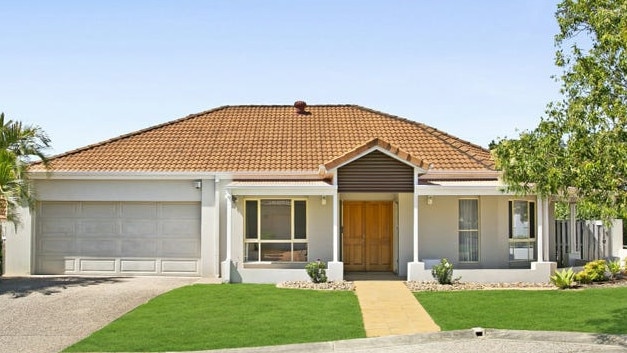
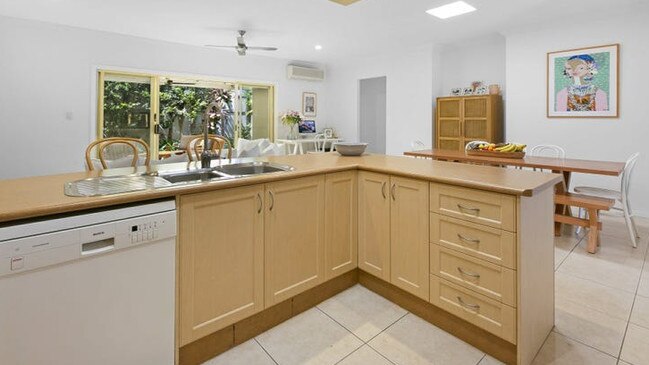
And it’s the difference between these two houses – over the course of just 36 months – that is exactly why we are about to see blood on the streets.
Just a few short years ago in the pre-pandemic, paying a million dollars for a house used to mean something … you’d bought and sold your way up the property ladder, you scored a big promotion or landed a new high-paying job. It was an exclusive club.
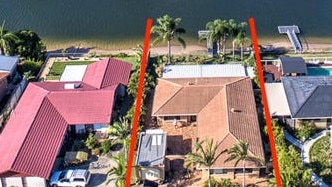
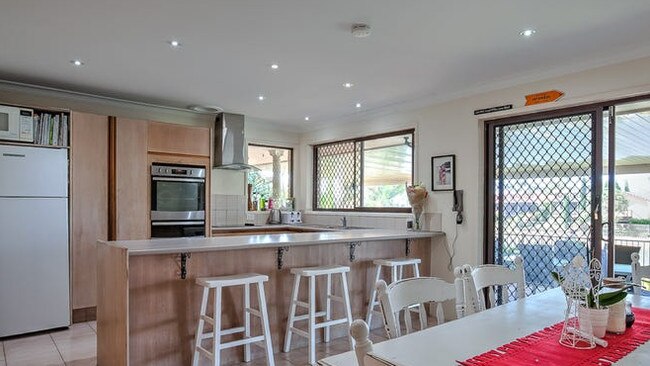
But now, according to CoreLogic’s quarterly Regional Market Update, the official median price for a house on the Gold Coast is one million dollars.
And that research also shows that Gold Coast homes are among the fastest-selling in the country – with just 16 days needed to find that million-dollar buyer. For reference, 60 to 90 days was long considered the standard for this city.
But without the wage increases to support these seven-figure prices, these homes are coming with an almost one-million-dollar mortgage.
Indeed, one Gold Coast mortgage broker confirmed that almost all of his business comes from million-dollar-plus properties, with many residents borrowing a full 80 per cent of the value.
So the news that the Commonwealth Bank (CBA), Australia’s largest bank, has brought forward its estimation of an interest rate rise is alarming.
“We shift our central scenario for the first hike in the cash rate target to June 2022 (from August 2022),” said CBA’s head of Australian economics Gareth Aird.
The official cash rate has been at a record low of 0.1 per cent since November 2020 in response to the Covid-19 pandemic but it is expected to jump by 1 per cent by the end of this year and hit 1.25 per cent next year.
Although a 1 per cent rise sounds like a tiny amount, it would add hundreds of dollars every month for every Gold Coaster in a (very average) $1 million home with an $800,000 mortgage.
A two per cent rate rise would see monthly repayments on an $800,000 loan increase from $3200 to $4063.
While banks factor in a three per cent interest rate rise when approving loan applicants, that is far from a comfortable buffer.
“With every loan, the government makes sure that you can service it at three per cent above the current rate … but the reality is that buffer goes in an instant,” says the mortgage broker.
“Interest rate rises are predicted precisely because the cost of living is increasing, so that three per cent extra servicing is eaten up very quickly. It’s not just your loan increasing but your groceries, your fuel, your school fees … it’s a very precarious situation.
“We are on the edge right now and there are going to be a lot of people mortgaged to the hilt who will be forced to sell – and quickly. That’s when we’ll see blood on the streets.”
Of course, the faint silver lining of this situation is that these distressed sales might finally mean a softening of the market and an opportunity for sidelined buyers to pounce.
Or it could just mean another interstate migrant moves into the neighbourhood.
Unfortunately, it’s hard to see our property market pitched as a land of opportunity for anyone other than the cashed-up.
And these days, that means a lot more than just $1 million.
It’s time for the Coast to introduce rent control
February 8: It’s time to take control.
As Gold Coast property prices surge ever higher, we’re in danger of destroying the dynamics that have made this city so successful.
The young, the dreamers, the risk-takers, the hard workers looking for a better life beside the sea… their future is at stake.
Because if we continue along our literally booming trajectory, we are destined to become a city that is home only to the old (who bought before the boom) and the rich (who can still afford to rent or buy).

Already we are witnessing a new generation of the displaced, tenants made homeless by our soaring rental costs and who are now more likely to win the lottery than to afford a mortgage in this city.
These are not people with mental health or substance use problems (not that either of these issues make homelessness okay), but far too often simply single parents working at jobs where wage increases (if any) have well and truly failed to keep pace with surging property prices.
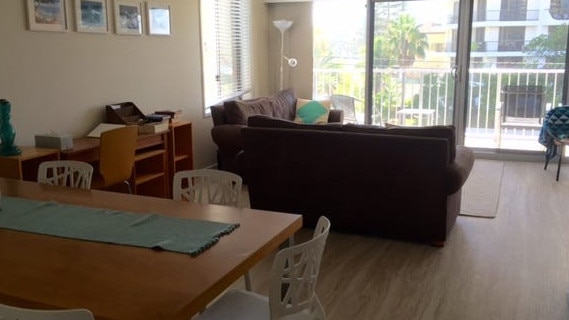
The Coast’s community social media pages are littered with desperate messages from such residents: “Can anyone help? I’m a single mother and our landlord has just raised our rent by $70. I can’t work anymore than I already do and we’re about to be homeless.”
These mothers, fathers and their children, these nurses, teachers and caregivers… all should be part of the future of this city, just as they have been part of our past. We cannot fail them.
Yet there are now more than 4000 people in the city who are living on the streets, in tents on the beachfront, in cars or couch surfing with friends and families.
Council data shows 63,500 households on the Coast have very low or low incomes, under $65,000, and almost 15 per cent of all households are in housing stress.
It’s as clear as the tent cities springing up in our suburbs that the supply of crisis, supported and affordable housing is not meeting the demand.
So what can we do to control this crisis? The answer is in the question: control. As in rent control.
While commonplace in dozens of countries across the world, and perhaps most famously in cities like New York and San Francisco, rent regulation is almost unheard of in Australia – although the pandemic did see states introduce temporary legislation to protect tenants from eviction.
The general idea of rent control is that a government or statutory body places a ceiling on the amount a landlord can charge for rent, usually by capping rent increases each year.
Rents will still rise, but not at the ridiculously devastating rate they have been.
Research from Realestate.com.au shows that rents will increase up to $5000 a year this year, after an $8000 increase last year on the Gold Coast.
Of course, the problem is our love affair with property investment.
Look, I get it. I’m the very definition of a mum-and-dad investor who has moonlighted as a (tiny) landlord.
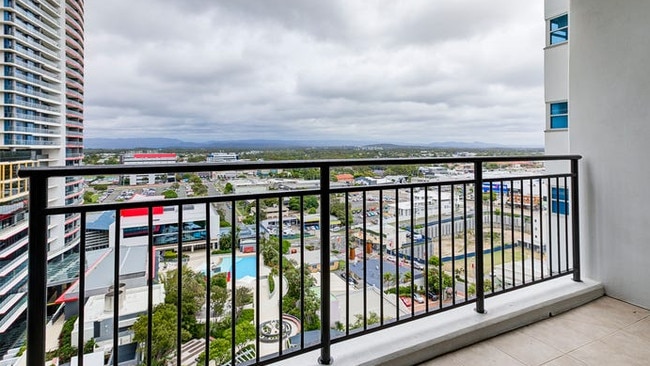
I believe in allowing the market to dictate prices … to a point.
If I bought a property five years ago that earned $500 per week in rent – and I serviced that mortgage just fine – do I really need to now charge $1200 per week?
Is my wealth creation more important than helping to keep a family in their home?
Rent control measures do not have to mean the prevention of personal profit, it just means we are not profiting off of someone else’s loss of housing.
Would it dissuade some from investing in real estate? Probably.
But as UNSW’s City Futures Research Centre senior research fellow Chris Martin says, that’s not necessarily a bad thing.
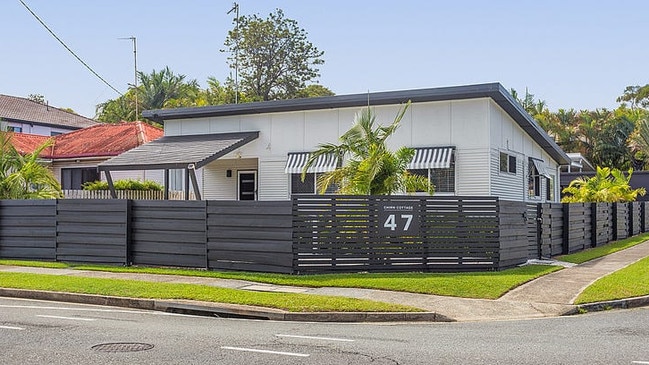
“To the extent that rent control may discourage what has been over the last few decades increased speculation into rental housing, that would be a good thing,” he says.
“If we didn’t have that, we could have a bit more space in our rental market for community housing providers and social housing providers to be developers of housing in their own right.”
His sentiments are seconded by Tenants Union of NSW chief executive Leo Patterson Ross, who says superannuation funds could also step into any investment void.
“You create a culture where the expectation for your property investment is a solid, safe, stable return, not the get-rich-quick approach Australia has,” he says.
For the sake of this city, it’s time to get our property market under control.
Originally published as Gold Coast property boom sparks turf war between southern buyers with deep pockets and displaced locals, writes Ann Wason Moore





